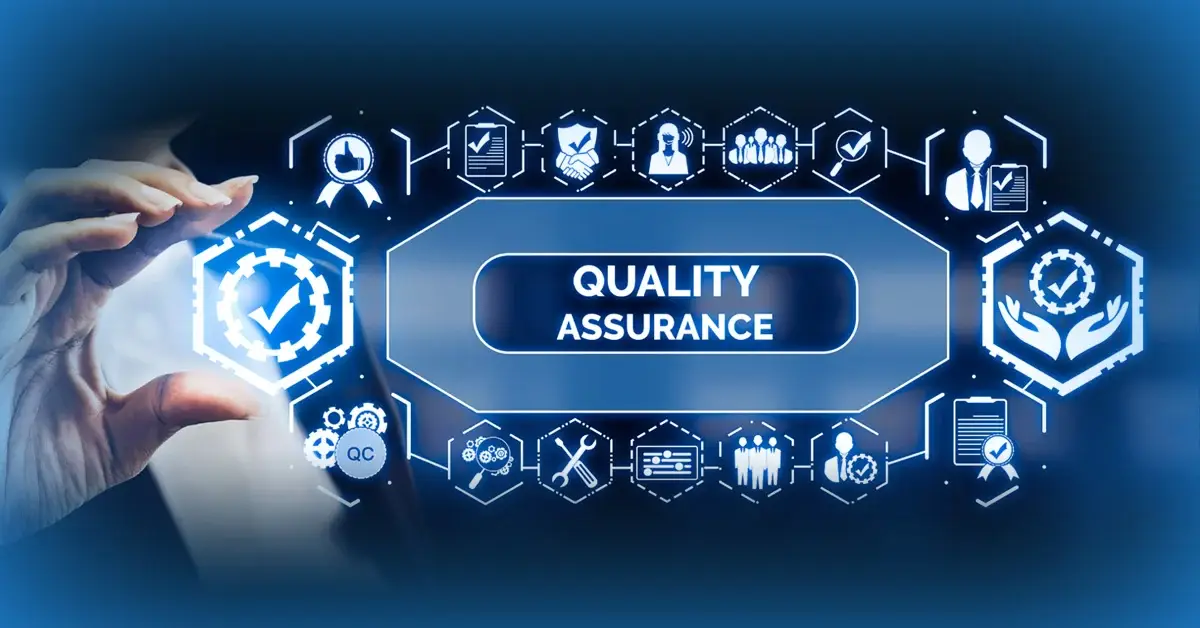The Importance of Software Quality Assurance in Modern Development

Software Quality Assurance (SQA) has become an indispensable part of the software development lifecycle, ensuring that applications meet the highest standards of performance, reliability, and user satisfaction. In today’s fast-paced digital environment, where businesses rely heavily on software for daily operations, SQA plays a critical role in mitigating risks, preventing defects, and enhancing overall product quality. By systematically monitoring and improving development processes, SQA helps organizations deliver software that is not only functional but also robust and secure.
At its core, Software Quality Assurance focuses on the processes and practices that guarantee software meets predefined requirements and standards. Unlike testing, which identifies defects in the final product, SQA emphasizes prevention, process improvement, and adherence to best practices throughout development. It encompasses various activities, including code reviews, process audits, requirement analysis, and compliance checks. These measures help teams identify potential issues early, reducing costly post-release errors and improving software reliability.
One of the major benefits of implementing SQA is enhanced user experience. Software that undergoes rigorous quality assurance processes tends to have fewer bugs, faster performance, and better usability. SQA ensures that applications function as intended across different environments, devices, and user scenarios. Additionally, it contributes to customer trust and brand reputation, as reliable software minimizes downtime and operational disruptions. Companies that prioritize quality assurance are more likely to retain customers and maintain a competitive edge in the market.
SQA also plays a significant role in compliance and regulatory adherence. Many industries, such as healthcare, finance, and aerospace, require software to comply with strict regulatory standards. SQA processes help organizations meet these requirements by enforcing systematic documentation, traceability, and validation of software features. This not only reduces legal and financial risks but also demonstrates a commitment to delivering safe and reliable software solutions.
Modern SQA practices increasingly incorporate automation and advanced tools to enhance efficiency and accuracy. Automated testing frameworks, continuous integration pipelines, and performance monitoring tools allow teams to identify issues in real-time and streamline repetitive tasks. By combining manual expertise with automated solutions, organizations can achieve higher quality standards while reducing development time and costs.
Source - https://www.marketresearchfuture.com/reports/software-quality-assurance-market-8386
Software Quality Assurance is essential for delivering high-quality, reliable, and user-friendly software in today’s competitive technology landscape. By emphasizing process improvement, defect prevention, and compliance, SQA ensures that software products meet both functional and business requirements. Organizations that invest in robust quality assurance practices not only minimize risks and errors but also enhance customer satisfaction, brand reputation, and long-term success. Effective SQA is not just a technical necessity—it is a strategic advantage in the modern software industry.
